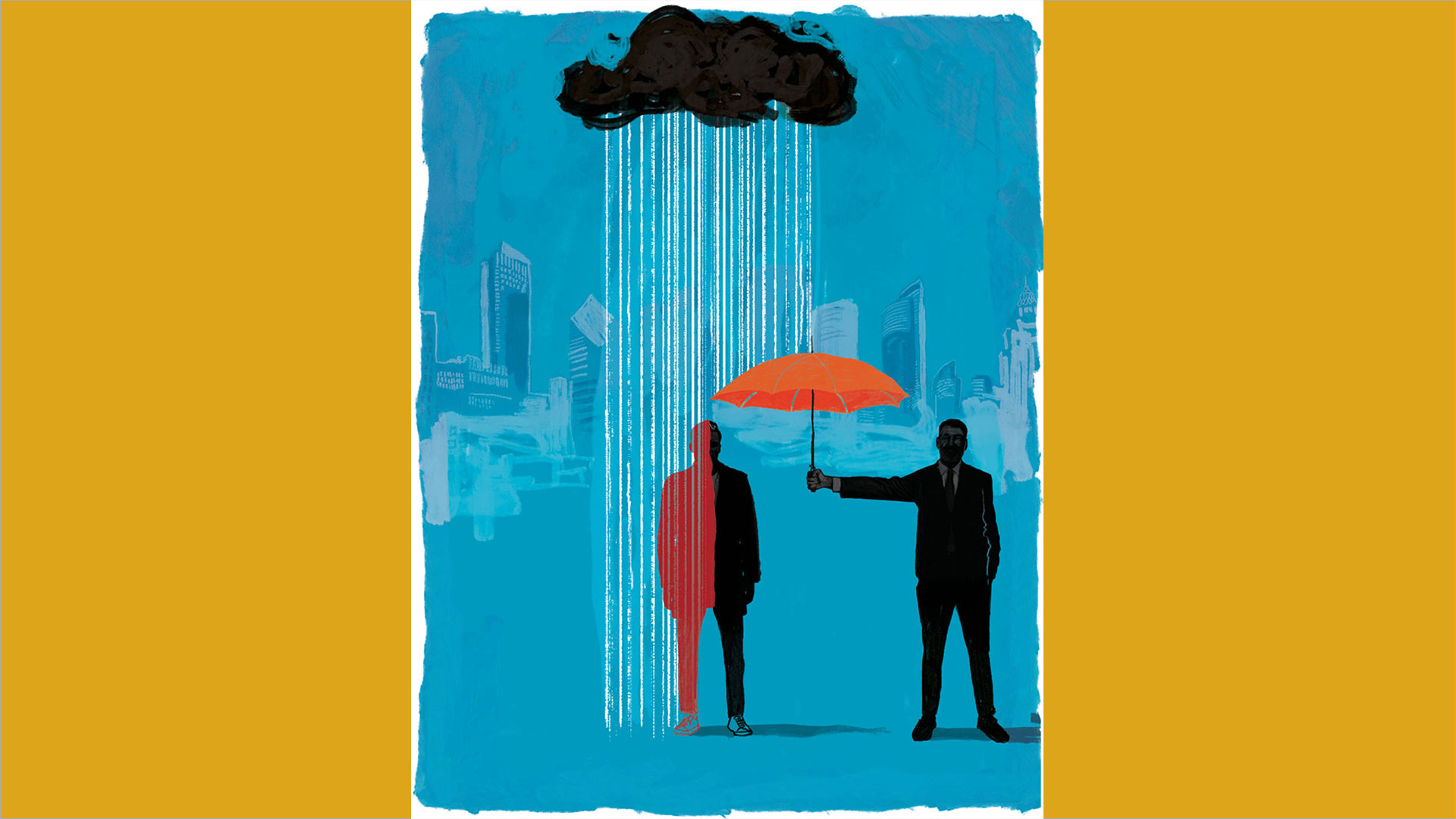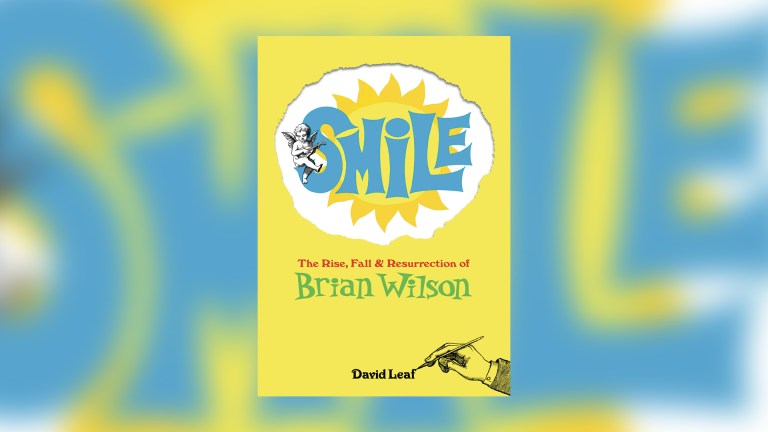The Umbrella Men is not a violent book, but some very deserving legs do get broken. These parts are, sadly, pure fiction.
I made myself redundant. No, that sounds like I had more say in the matter than was the case; I was forced to make myself redundant. And the circumstances of it made me angry, which – with an associated need for catharsis – gave me the motivation as well as the opportunity to write the book.
My enforced self-redundancy was the consequence of a corporate loan taken out with a major bank in 2007, just before all the Lehman Brothers stuff kicked off. The long story is fictionalised in The Umbrella Men; to cut it short, the lending bank was going rapidly and spectacularly bust and turned on its small business clients in a vain attempt at repairing its balance sheet. In the resulting chaos companies went under, people lost their livelihoods, marriages failed, suicides were contemplated. As CEO of one of these small bullied borrowers the buck stopped with me, so the solution involved my asking myself to leave the company.
That I, as a taxpayer, was then forced to play my part in saving that same bank, and that not a single senior banker faced criminal charges anywhere for this global banker fluster-cluck so massive we’re still living with the consequences, only heightened my need to get this story out of me and onto the page.
The title – The Umbrella Men – pays homage to Mark Twain, who said, “A banker is a fellow who lends you his umbrella while the sun is shining, then wants it back the minute it begins to rain.” It has been estimated that the financial crisis – which should be called the bankers’ crisis – of 2007-2009, cost taxpayers globally an additional $1 trillion in tax. That’s $1,000,000,000,000 – a THOUSAND BILLION dollars. You can build quite a few hospitals, homeless shelters and schools with that. Add to that the additional debt and indirect costs and the number can be multiplied. This was a crisis kindled in the depths of the ‘master of the universe’ investment banking world, yet those financial geniuses scarcely missed a bonus-clad beat.
Not that I am against bankers; far from it. I was a banker myself once. It was a long time ago and I was a lot younger. The reason I am ’fessing up in this way is that this part of my history gives me an unusual (for an author) perspective on the banking scandal and the motivations – business and otherwise – that caused it. In other words, The Umbrella Men is informative as well as entertaining.
Advertising helps fund Big Issue’s mission to end poverty
One of the great things about writing fiction is that you can make things happen with a few strokes of your keyboard. The Umbrella Men is not a moralising book, but in it we do see some very deserving people financially ruined – satisfying, but perhaps not true to our smug élite-protectionist world. The Umbrella Men is not a violent book, but some very deserving legs do get broken. These parts are, sadly, pure fiction.
What I am against is the misbehaviour of the powerful against the weak, and in 2007-2009 too often powerful banks behaved – especially when their own survival was threatened – as bullies. The Umbrella Men retells the story from the unusual perspective of some of the victims.
The Umbrella Men by Keith Carter is released on April 4 (Neem Tree Press, £14.99)
Image: Joseph Joyce










